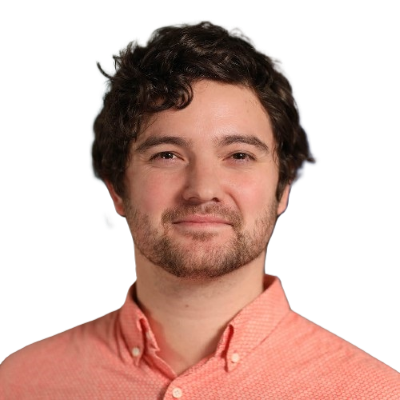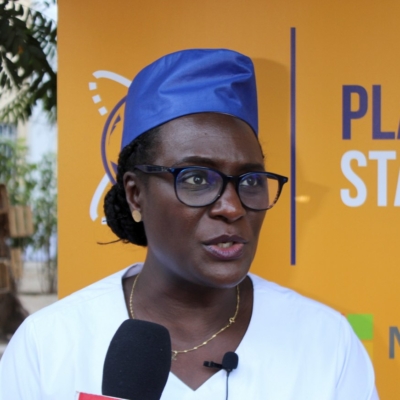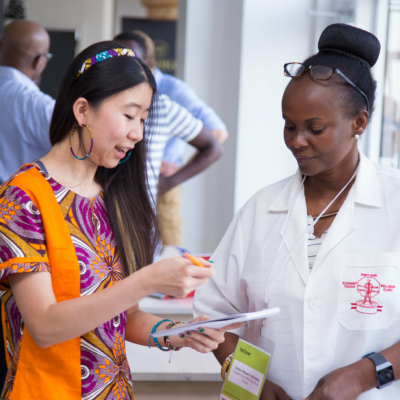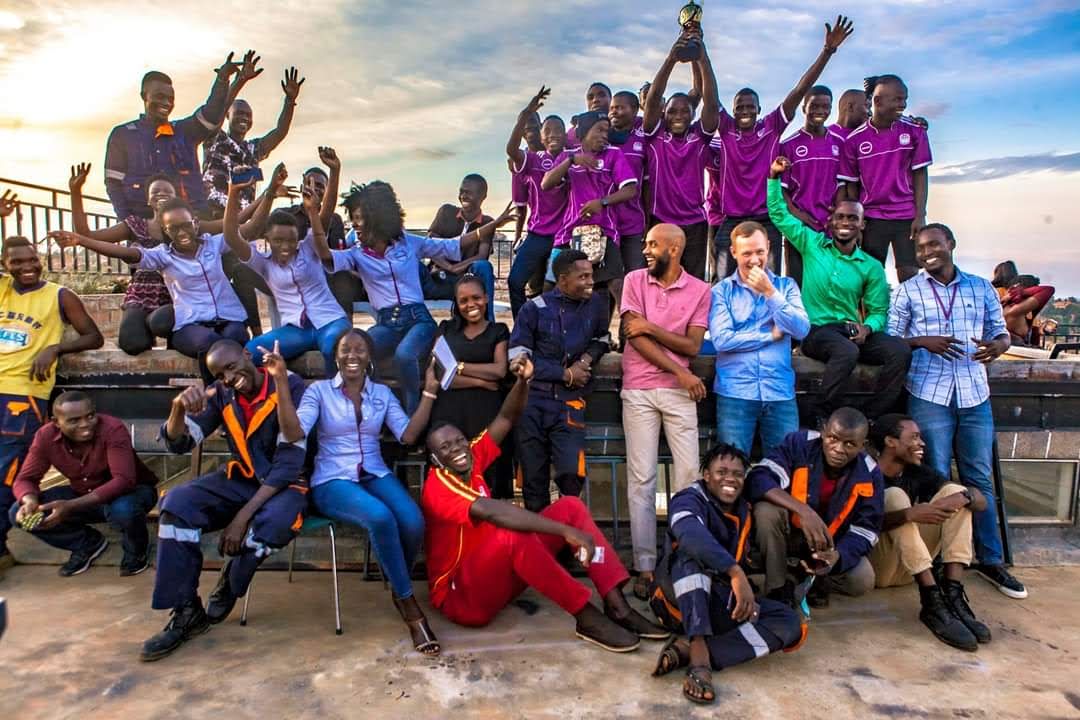
Ugandan Battery Company Bodawerk Is Accelerating the Country’s Transition to E-Mobility
Janos Bisasso and his co-founders at Bodawerk International Limited have built a thriving e-mobility company in Kampala, Uganda, but they don’t want to be primarily known for the electric motorcycles, fishing boats and walking tractors they’ve created. Instead, Janos and his partners would like Bodawerk to be thought of first and foremost as a battery company, one whose power packs enable all sorts of e-mobility and renewable energy storage applications.
Building a thriving battery company is difficult anywhere in the world, but Janos and his co-founders have faced more challenges than most. From building their first battery packs out of upcycled laptops to devising and implementing their own training program, the Bodawerk team is a testament to what a passionate group of people driven to make a difference can accomplish.
But they aren’t working alone.
Janos is participating in the epMentoring program, which empowers entrepreneurs to grow their businesses and social impact through one-on-one mentorship sessions with seasoned founders and tech professionals. We recently caught up with Janos to learn more about both Bodawerk and his experience in the epMentoring program so far.
Would you please start with giving us a brief introduction to Bodawerk International Limited and how the company was started?
The top local mode of transportation are boda bodas, motorcycles with about a 100cc engine. They dominate the streets of sub-Saharan Africa and are typically supplied by one or two manufacturers. This brought a unique opportunity to try and retrofit one type of vehicle and do that repeatedly. We replaced the internal combustion engine and fitted an electric powertrain we configured with parts sourced from around the world. We didn’t have access to lithium-ion batteries locally, until we realized that we could buy back old laptops, part them out and recycle individual cells.
These recycled batteries are not ideal, but they’re certainly good enough to prove a point and validate our product, and that enabled us to move on and make our first big purchase of lithium-ion cells. We’re just finishing up with that batch of cells, which are being built into battery packs developed locally. So, our focus has pivoted from developing an electric motorcycle to developing a battery that could enable an electric motorcycle or any other application. Today we look at ourselves first and foremost as a battery company, and things like the motorcycle are there to prove the worth of that energy store in the market.
What’s the current status of the renewable energy and e-mobility sectors in Uganda?
There is a lot of energy out there, but the productive use of that energy is relatively low, and the ways of connecting people to the grid are probably quite antiquated and usually require large upfront capital investments. Our current strategy is to offer a flexible energy storage solution that helps mitigate these circumstances. We want to allow people to use energy where they are.
We also want to enable people in the mobility industry to earn money the way that they already do but improve their margins and limit their carbon footprint. For example: That battery that fits into a motorcycle fits into an electric outboard boat motor, a two-wheel walking tractor and a home shop where it supplies an inverter or provides backup power during power cuts. And essentially, it’s all just one ecosystem. These are existing business people, and if they can be enabled, they are going to have a better quality of life and we’ll be doing our environment, lakes, roads and our air a very big favor.
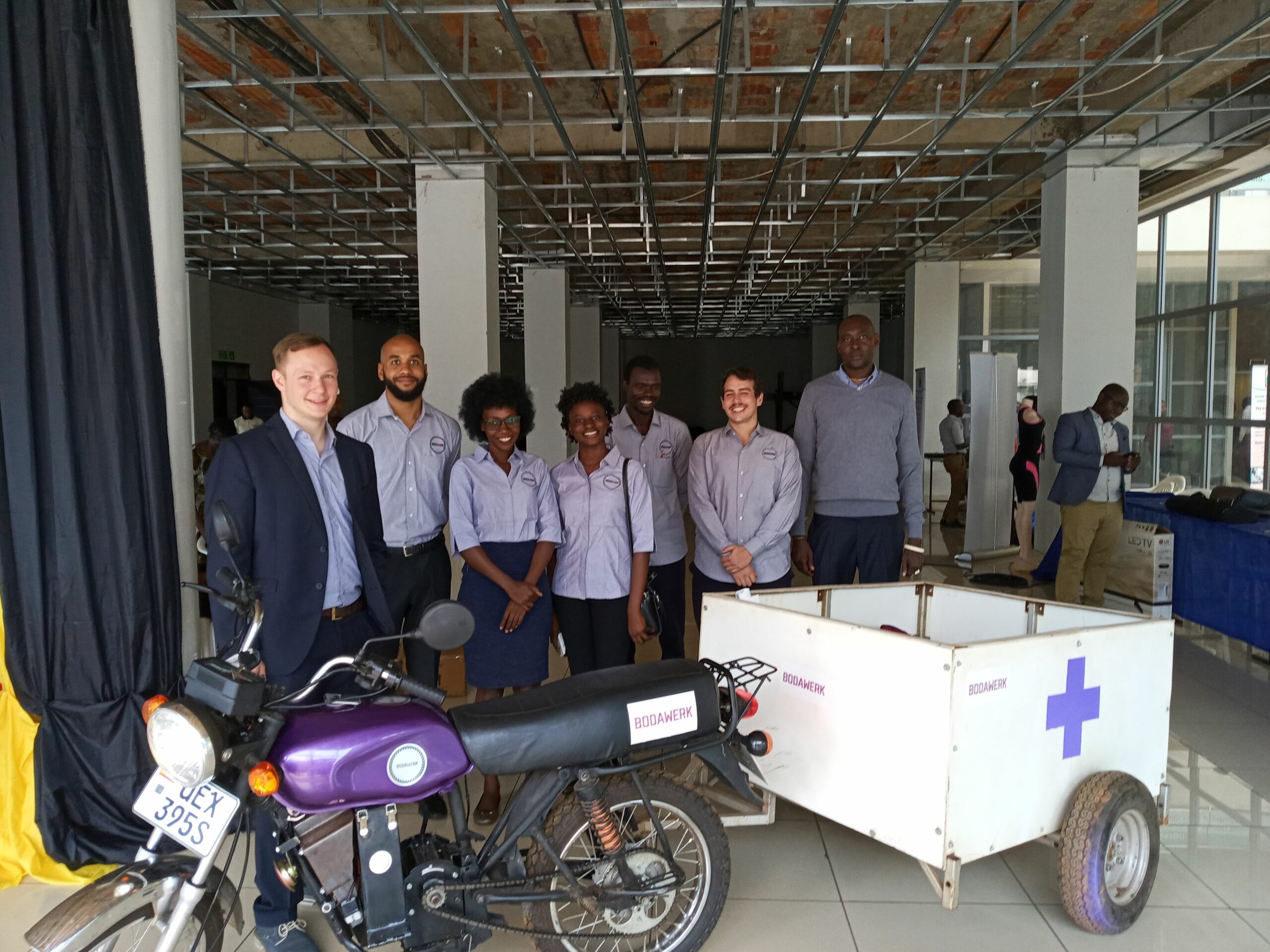
Why did you decide to join the epMentoring program, and what has it been like working with your mentor?
We have some lead customers we’re working with outside of Uganda, and one of them in Kenya suggested we take part in this program. We see ourselves as a company of continuous learning, and that’s sort of a base requirement to do what we do where we do it. Tech development is still not too common yet where we are right now. And we’re all young shareholders and managers: The truth is there are a lot of things we — and I — don’t know.
I wanted an opportunity to learn from other people’s experience, exchange my own experience and interact with people in a similar situation or who have had the benefit of spending a lot more time in business. It’s been a valuable experience, and that’s exactly why we joined.
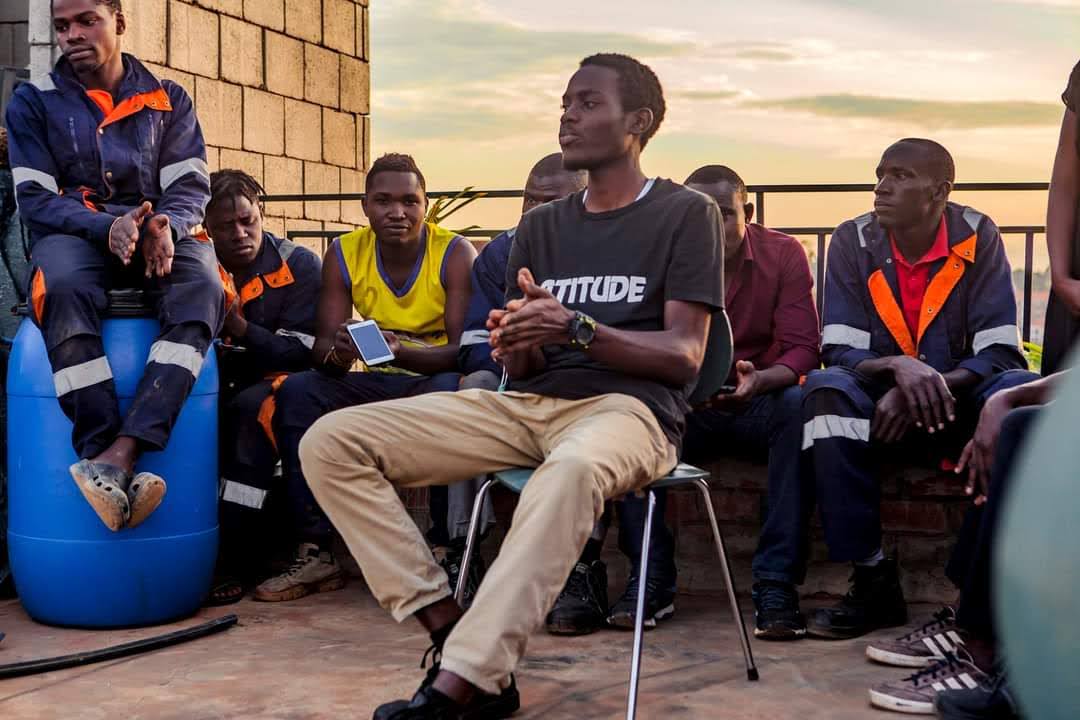
We’ve heard you formed a partnership with another company in the program, anywhere.berlin. How did this come about?
What these types of programs do is improve transparency and understanding between individuals, bridge communication gaps and help us see where potential global synergies are. We’ve been in contact with anywhere.berlin, but it wasn’t until this program that they were able to fully see what we do and ask the necessary questions to see whether it could be of value to their roadmap.
So that was the one half, and the other was my mentor, Mr. Beheshti, who we’re expecting will visit, hopefully in August. There’s a shared interest because he has helped support anywhere.berlin with some engineering questions, and for him, the synergy was immediately visible. So once again, it’s one of those times where people get to look at the same situation with different eyes or a different appreciation.
Do you have insights or advice for founders when it comes to forming partnerships?
Early on, we would have a lot of conversations with people who seemed interested or like there might be a potential for collaboration there. We’d talk for hours, but we realized that some of these conversations weren’t taking us anywhere. Everyone was interested, but not everyone was someone we could effectively do things on the ground with. Expose yourself to that, because you don’t know what’s relevant and what’s not initially, and then start to understand what are the valuable conversations to be having.
Do you need to be having three-hour conversations, or can some of the details go into a presentation? Do you have the opportunity to lay out the baseline of what it is that you’re actually trying to do and allow people to ask the right questions? As much as we have matured there and feel that we’re having much more productive and focused conversations today, it’s a continued process.
There are so many learnings that just come along with representing yourself as a company and talking to potential stakeholders, partners, suppliers and government entities. All these people are likely to have an interest but one fueled by their own goals and milestones. It’s important to understand that, and experience is one of the most valuable teachers.
What are some of the challenges you’ve faced growing Bodawerk and what strategies have you implemented to overcome them?
Developing technology in a place where there are very few value added services is difficult. Anytime you need something that’s slightly out of the ordinary, it’s not likely to be available locally. We need to be really well-organized and understand exactly what we need to bring in to do our work. That can also pose a challenge here because there is a lot of malpractice in taxation, custom standards, etc.
Also, a lot of the skills that are required at Bodawerk aren’t readily found in the local economy. We look for people who have the right attitude and then we need to upskill them. Training and skilling could be looked at as a challenge, but we see it as an opportunity to develop both Bodawerk and the ecosystem we function in. Because there are less defined, rigid standards, we introduced our own system. In three to six months we are able to have most employees onboarded, trained and fully productive.
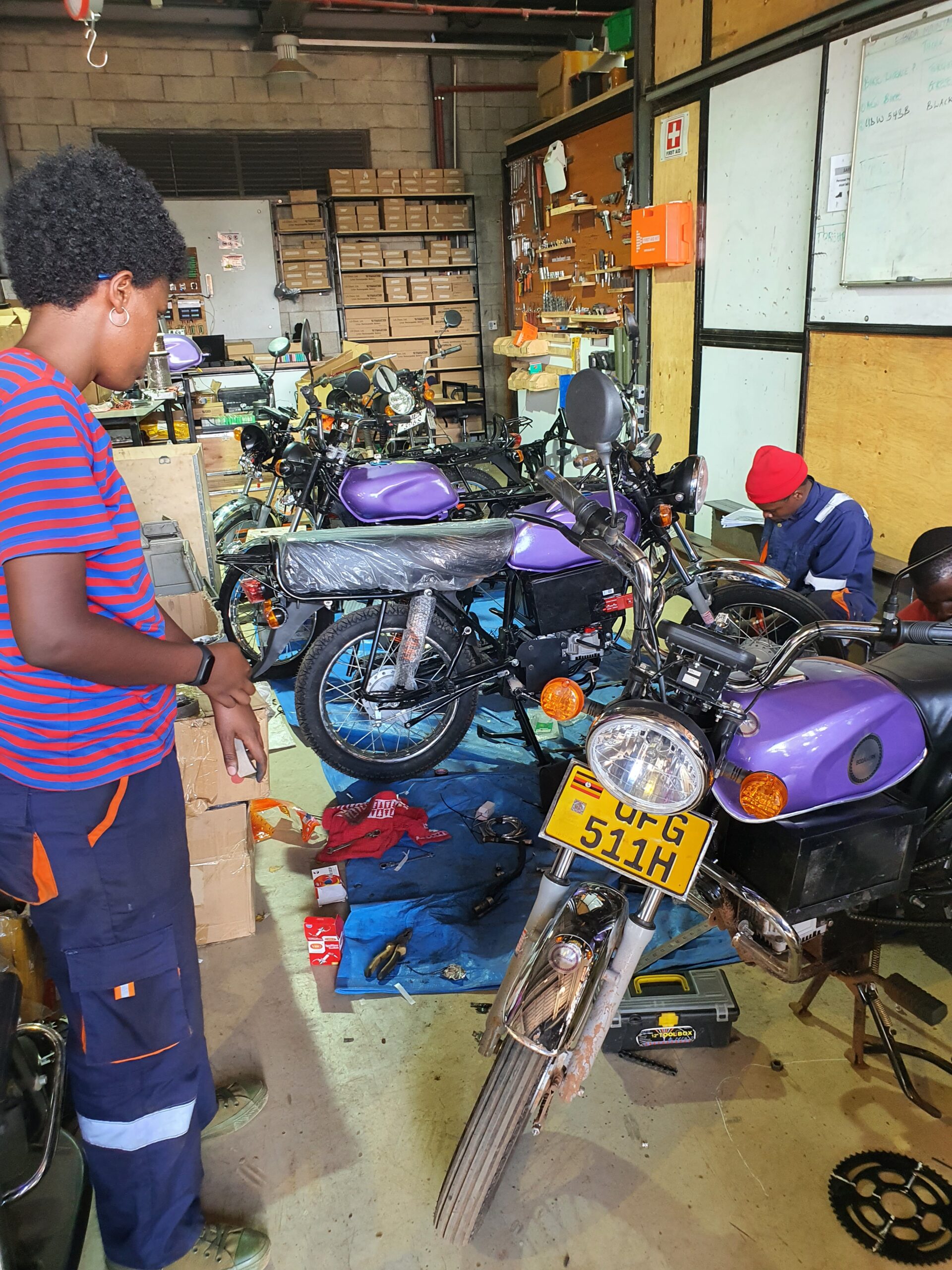
All transport except for two-wheelers were banned at some point in Uganda during the pandemic, and in that time people stormed our doors. We tried rentals for about two-and-a-half months, which led to massive learnings in our business model and the decision to never offer rental services again. And, through the experience, we somehow managed to keep our doors open and our employees paid. It was a difficult time, and definitely a time for experimenting.
Okay, last question: Off the top of your head, what advice would you have for founders, both in the renewable energy and mobility sectors and in general?
If you know that you’re hardworking, understand your interests and often question your time spent working for other people, then I would encourage you to look into those interests and how they can develop. Ask yourself whether it might be worth investing some of that time in your own journey. It’s probably one of the hardest questions that I’ve had to ask myself. And realize that people who started companies all over the world were maybe just as ill-equipped as you are at any one time. You need somebody to try and take a risk and commit.
If you’re in Uganda and interested in Bodawerk’s products, the company has two new products available: a 4.6kWh smart battery made in Uganda and a 5kW hybrid inverter/smart battery charging station, which is available for pre-order.
The epMentoring program is a joint program between enpact and the empowering people. Network (epN), an initiative of Siemens Stiftung, a non-profit foundation that promotes sustainable social development.
